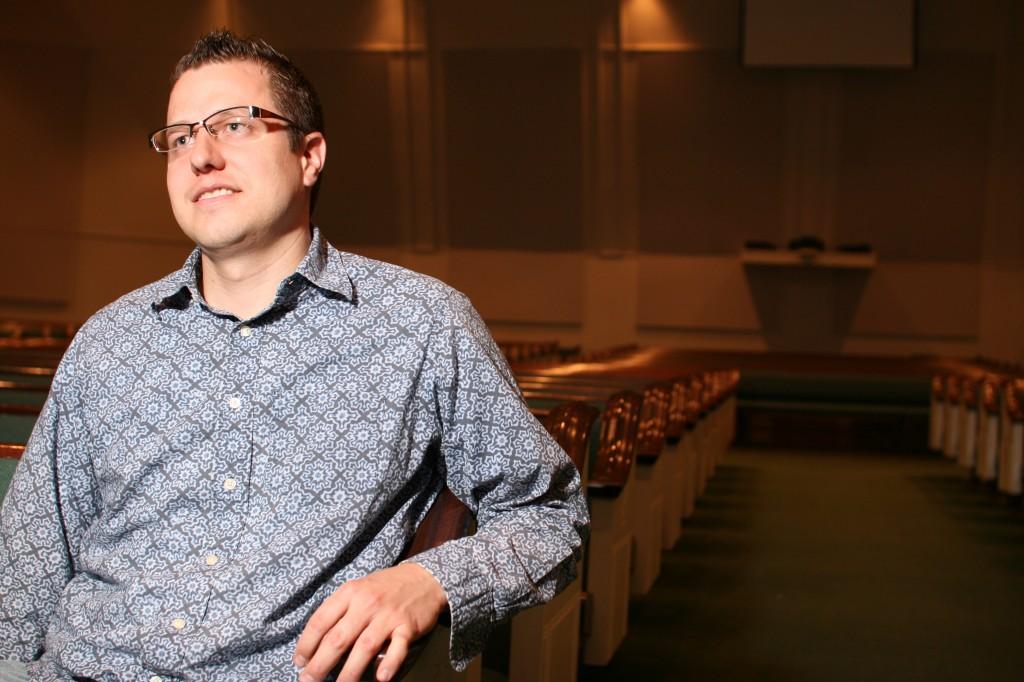By Alonzo Meza/reporter
When pursuing their academic goals, most students do not know what degree plan they would like to follow. In fact, many students do not have a clue what a degree plan is, a Trinity River advisor told students April 20.
In The Degree Planning Process, Kiesha R. Harvey explained what a degree plan is and how to choose the right one. Harvey said a degree plan outlines the requirements of a student’s prospective associate, bachelor’s, master’s or doctoral degrees.
Basically, she said, a degree plan lists the classes required for a college degree in a student’s chosen field of study.
“It’s OK if you do not know what degree plan you would like to follow,” she said. ”We will do all we can to help you choose the right degree plan for you.”
Harvey described the different degree plans available at TCC and other colleges and universities.
The associate degree, she said, is a two-year degree designed to prepare students for transfer to four-year universities and to help them gain skills to enter the workforce. Harvey said a bachelor’s is a four- to six-year degree designed to prepare students for entry-level professional employment.
Harvey explained the associate degree plans offered at TCC. The Associate of Arts is intended for students who will transfer to a four-year university and consists of basic core classes plus electives.
TCC also offers the Associate of Science, intended for students who will transfer to a four-year university to pursue science-related majors (such as engineering, computer science or pre-med). It also consists of basic core classes plus electives.
TCC students can also earn an Associate of Applied Science. This degree is career-oriented and prepares students to enter the workforce at a technical or semi-professional level. This degree is not designed for transfer. The certificate of completion, another plan offered at TCC, allows students to complete courses in a technical program, typically within one year.
Harvey then explained the core classes needed for a normal Associate of Arts degree to transfer. The core contains a minimum of 64 college credit hours.
“To finish your degree on time, you must remember that it’s like a marathon not a sprint race,” she said.
Harvey said as long as students finish their courses, it is OK if they finish in more than two years.
“Students can automatically choose to enter the workforce right after completing their associate degree,” she said. ”This is fine if they do not want to continue to go to school.”
Harvey also said students can pick any degree plan they choose. She told the group that several programs would move from NE or South campuses onto Trinity River Campus in 2011.
The programs, all health-related, include nursing, physical therapist assistant, respiratory care, radiologic technology and surgical technology.
Students like Adriana Gonzalez said the program was beneficial.
“This presentation was really helpful,” she said. ”It made me realize that they offer so much more degree plans than I had assumed.”
Student Adrian Keller agreed.
“Harvey was a great speaker,” he said. “I learned a lot of ways to look up my degree plan and where I can go if I have any questions.”
Students who need help with degree plans or transfer information should visit the counseling and advising center or transfer center on their campuses.


























